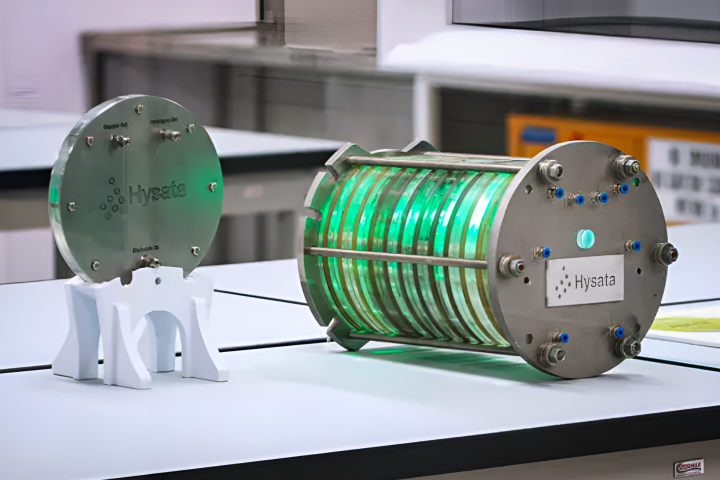A growing body of research is suggesting that brain inflammation could be responsible for some major depressive episodes. A new study from a team at the University of Manchester has now made an even more specific contention – linking brain inflammation to suicidal thoughts.
A major study published in 2015 found a strong correlation between a person undergoing a major depressive episode and enhanced neuroinflammation, as measured by increased microglial activity in parts of the brain. Microglia are a specific type of immune cell active in the brain and spinal cord that serve as the main form of active immune defense in the central nervous system.
Following on from that earlier study,Dr Peter Talbot from the University of Manchester set out to explore whether this increased microglial activity could be more specifically linked to suicidal thoughts.
Fourteen patients with moderate to severe depression and reported suicidal thoughts took part in the study alongside thirteen healthy control subjects. Using a PET scan identifying a marker that signals activated microglial activity, the results indicated a positive correlation between those patients with suicidal thoughts and increased neuroinflammation.
The biggest increases in microglial activity were identified in the anterior cingulate cortex, a part of the brain known for mood regulation and one that some suggest could be a strong target as a biological origin of depression. Notably, there was no elevated microglial activity in those brain areas in the healthy control group.
Earlier brain studies of post-mortem suicidal patients have shown similar forms of inflammation in these regions, but this examination of living patients strengthens the connection, particularly in those suffering from acute depressive episodes.
"Our findings are the first results in living depressed patients to suggest that this microglial activation is most prominent in those with suicidal thinking," says Dr. Talbot.
Dr John Krystal, editor of the journal publishing the research, Biological Psychiatry, noted this new study to be an important observation linking suicidal ideation and neuroinflammation.
"This observation is particularly important in light of recent evidence supporting a personalized medicine approach to depression, i.e., that anti-inflammatory drugs may have antidepressant effects that are limited to patients with demonstrable inflammation," saysDr Krystal.
The study was published in the journalBiological Psychiatry.
Source: Elsevier




